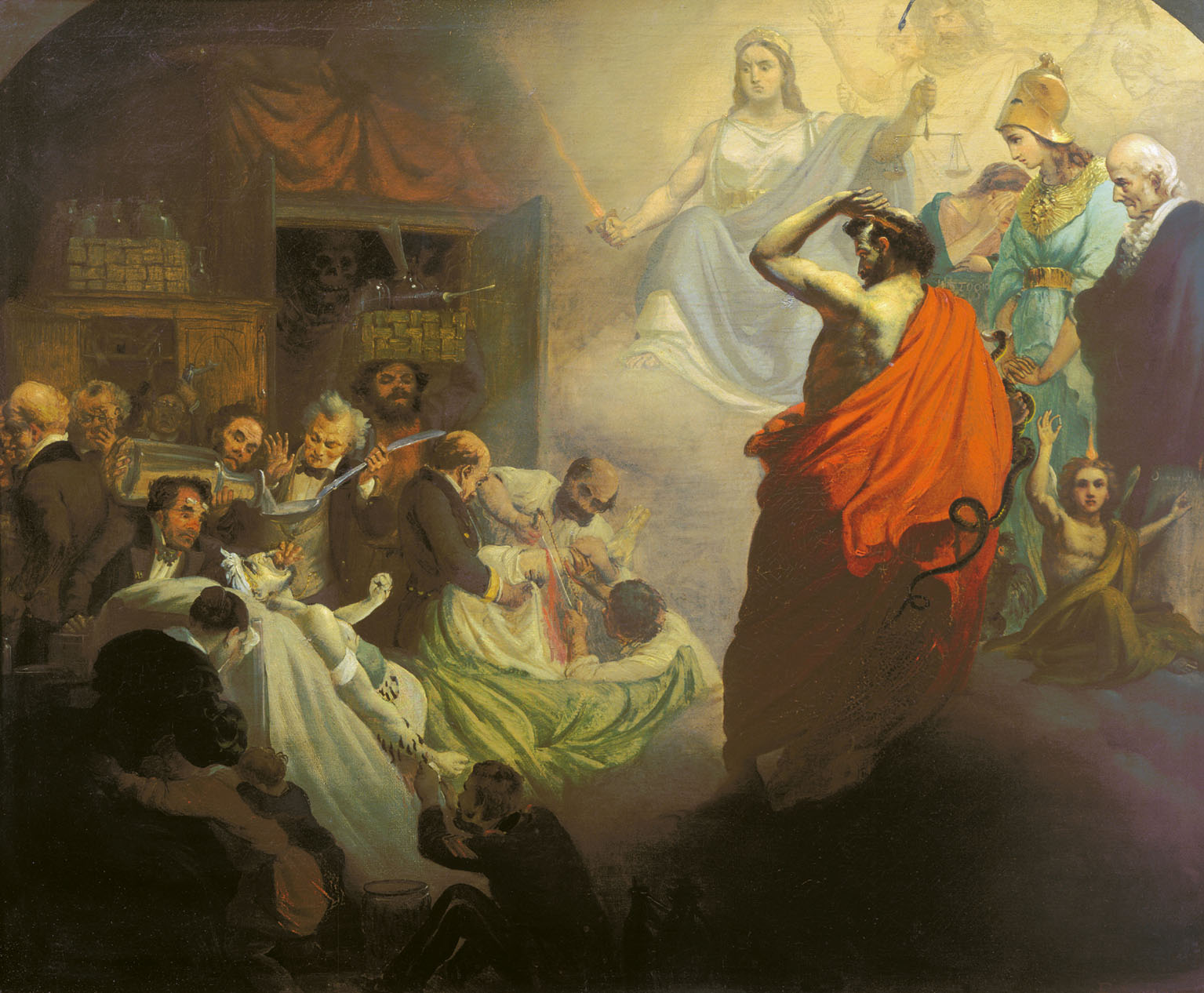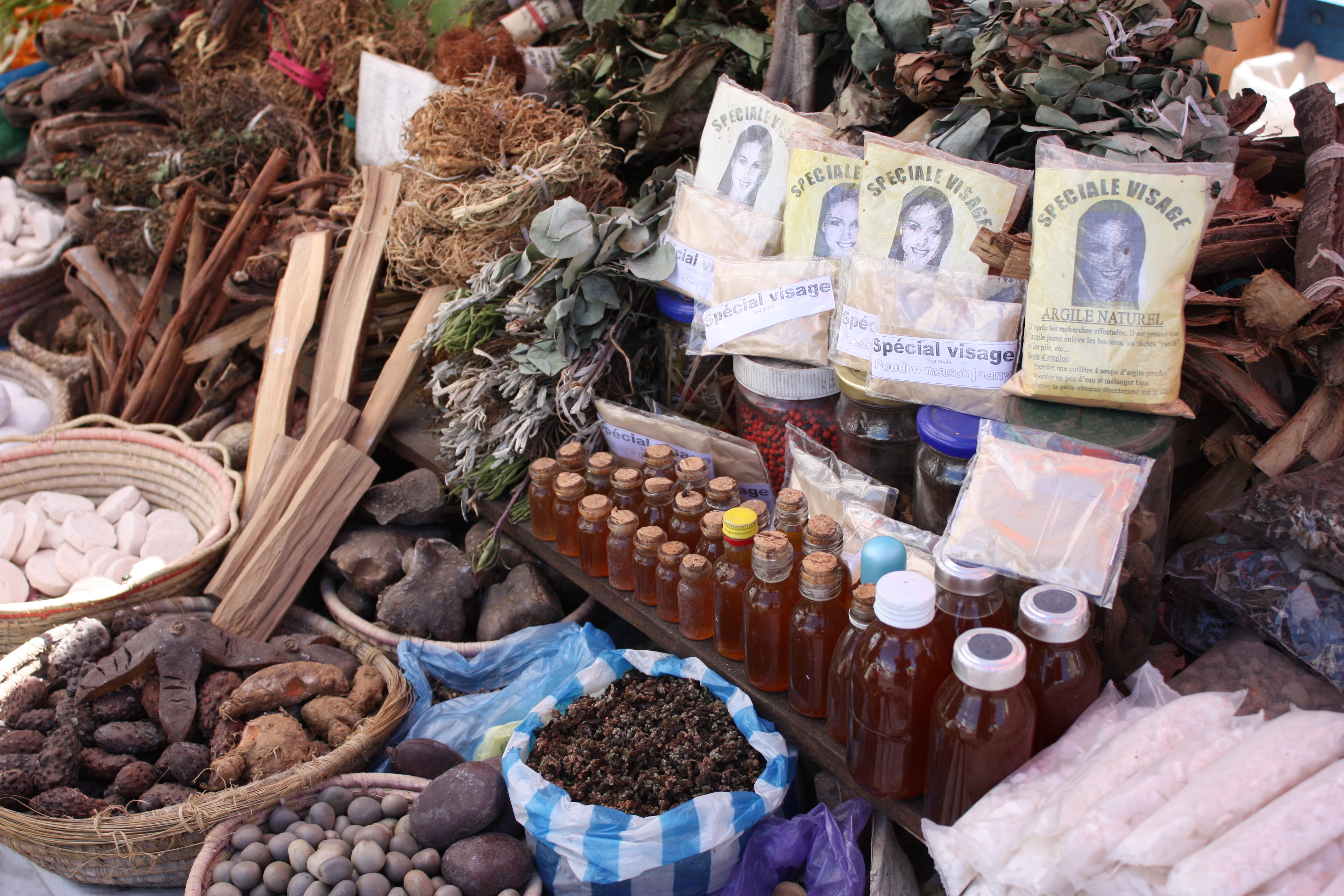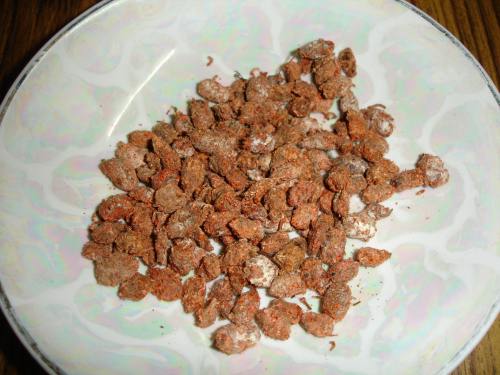|
Allopathic
Allopathic medicine, or allopathy, is an archaic and derogatory label originally used by 19th-century homeopaths to describe heroic medicine, the precursor of modern evidence-based medicine. Citing: ''Gale Encyclopedia of Medicine'' (2008) and ''Mosby's Medical Dictionary'', 8th ed. (2009). There are regional variations in usage of the term. In the United States, the term is sometimes used to contrast with osteopathic medicine, especially in the field of medical education. In India, the term is used to distinguish conventional modern medicine from Siddha medicine, Ayurveda, homeopathy, Unani and other alternative and traditional medicine traditions, especially when comparing treatments and drugs. The terms were coined in 1810 by the creator of homeopathy, Samuel Hahnemann. Heroic medicine was the conventional European medicine of the time and did not rely on evidence of effectiveness. It was based on the belief that disease is caused by an imbalance of the four " humours" (bl ... [...More Info...] [...Related Items...] OR: [Wikipedia] [Google] [Baidu] |
Homeopathy
Homeopathy or homoeopathy is a pseudoscientific system of alternative medicine. It was conceived in 1796 by the German physician Samuel Hahnemann. Its practitioners, called homeopaths or homeopathic physicians, believe that a substance that causes symptoms of a disease in healthy people can cure similar symptoms in sick people; this doctrine is called ''similia similibus curentur'', or "like cures like". Homeopathic preparations are termed ''remedies'' and are made using homeopathic dilution. In this process, the selected substance is repeatedly diluted until the final product is chemically indistinguishable from the diluent. Often not even a single molecule of the original substance can be expected to remain in the product. Between each dilution homeopaths may hit and/or shake the product, claiming this makes the diluent "remember" the original substance after its removal. Practitioners claim that such preparations, upon oral intake, can treat or cure disease. All relevant ... [...More Info...] [...Related Items...] OR: [Wikipedia] [Google] [Baidu] |
Traditional Medicine
Traditional medicine (also known as indigenous medicine or folk medicine) refers to the knowledge, skills, and practices rooted in the cultural beliefs of various societies, especially Indigenous groups, used for maintaining health and treating illness. In some Asia, Asian and Africa, African countries, up to 80% of people rely on traditional medicine for primary health care. Traditional medicine includes systems like Ayurveda, traditional Chinese medicine, and Unani medicine, Unani. The World Health Organization supports their integration, but warns of potential risks and calls for more research on their safety and effectiveness. The use of medicinal herbs spans over 5,000 years, beginning with ancient civilizations like the Sumer, Sumerians, Ancient Egypt, Egyptians, Indian people, Indians, and Chinese people, Chinese, evolving through Ancient Greece, Greek, Ancient Rome, Roman, Islam, Islamic, and Middle Ages, medieval European traditions, and continuing into Colonial histo ... [...More Info...] [...Related Items...] OR: [Wikipedia] [Google] [Baidu] |
Alternative Medicine
Alternative medicine refers to practices that aim to achieve the healing effects of conventional medicine, but that typically lack biological plausibility, testability, repeatability, or supporting evidence of effectiveness. Such practices are generally not part of evidence-based medicine. Unlike modern medicine, which employs the scientific method to test plausible therapies by way of Guidelines for human subject research, responsible and ethical clinical trials, producing repeatable evidence of either effect or of no effect, alternative therapies reside outside of mainstream medicine and do not originate from using the scientific method, but instead rely on testimonials, anecdotes, religion, tradition, superstition, belief in supernatural "Energy (esotericism), energies", pseudoscience, fallacy, errors in reasoning, propaganda, fraud, or other unscientific sources. Frequently used terms for relevant practices are New Age medicine, wikt:pseudo-medicine, pseudo-medicine, unortho ... [...More Info...] [...Related Items...] OR: [Wikipedia] [Google] [Baidu] |
Unani
Unani or Yunani medicine (Urdu: ''tibb yūnānī'') is Perso-Arabic traditional medicine as practiced in Muslim culture in South Asia and modern day Central Asia. Unani medicine is pseudoscientific. The term '' Yūnānī'' means 'Greek', referring to the fact that the Perso-Arabic system of medicine was based on the teachings of the Greek physicians Hippocrates and Galen. The Hellenistic origin of Unani medicine is still visible in its being based on the classical four humours: phlegm (), blood (''dam''), yellow bile (''ṣafrā'') and black bile (''saudā), but it has also been influenced by Indian and Chinese traditional systems. History Arab and Persian elaborations upon the Greek system of medicine by figures like Ibn Sina and al-Razi influenced the early development of Unani. Unani medicine interacted with Indian Buddhist medicine at the time of Alexander's invasion of India. There was a great exchange of knowledge at that time which is visible from the simil ... [...More Info...] [...Related Items...] OR: [Wikipedia] [Google] [Baidu] |
Symptomatic Treatment
Symptomatic treatment, supportive care, supportive therapy, or palliative treatment is any medical therapy of a disease that only affects its symptoms, not the underlying cause. It is usually aimed at reducing the signs and symptoms for the comfort and well-being of the patient, but it also may be useful in reducing organic consequences and sequelae of these signs and symptoms of the disease. In many diseases, even in those whose etiologies are known (e.g., most viral diseases, such as influenza and Rift Valley fever), symptomatic treatment is the only treatment available so far. For more detail, see supportive therapy. For conditions like cancer, arthritis, neuropathy, tendinopathy, and injury, it can be useful to distinguish treatments that are supportive/palliative and cannot alter the natural history of the disease ( disease modifying treatments). Examples Examples of symptomatic treatments: * Analgesics, to reduce pain * Anti-inflammatory agents, for inflammation ca ... [...More Info...] [...Related Items...] OR: [Wikipedia] [Google] [Baidu] |
Bloodletting
Bloodletting (or blood-letting) was the deliberate withdrawal of blood from a patient to prevent or cure illness and disease. Bloodletting, whether by a physician or by leeches, was based on an ancient system of medicine in which blood and other bodily fluids were regarded as "Humorism, humors" that had to remain in proper balance to maintain health. It was the most common medical practice performed by surgeons from Ancient history, antiquity until the late 19th century, a span of over 2,000 years. In Europe, the practice continued to be relatively common until the end of the 19th century.B.) Anderson, Julie, Emm Barnes, and Enna Shackleton. "The Art of Medicine: Over 2,000 Years of Images and Imagination [Hardcover]." The Art of Medicine: Over 2,000 Years of Images and Imagination: Julie Anderson, Emm Barnes, Emma Shackleton: : The Ilex Press Limited, 2013. The practice has now been abandoned by modern-style medicine for all except a few very specific medical condition ... [...More Info...] [...Related Items...] OR: [Wikipedia] [Google] [Baidu] |
Greek Language
Greek (, ; , ) is an Indo-European languages, Indo-European language, constituting an independent Hellenic languages, Hellenic branch within the Indo-European language family. It is native to Greece, Cyprus, Italy (in Calabria and Salento), southern Albania, and other regions of the Balkans, Caucasus, the Black Sea coast, Asia Minor, and the Eastern Mediterranean. It has the list of languages by first written accounts, longest documented history of any Indo-European language, spanning at least 3,400 years of written records. Its writing system is the Greek alphabet, which has been used for approximately 2,800 years; previously, Greek was recorded in writing systems such as Linear B and the Cypriot syllabary. The Greek language holds a very important place in the history of the Western world. Beginning with the epics of Homer, ancient Greek literature includes many works of lasting importance in the European canon. Greek is also the language in which many of the foundational texts ... [...More Info...] [...Related Items...] OR: [Wikipedia] [Google] [Baidu] |
Cause (medicine)
Cause, also known as etiology () and aetiology, is the reason or origination of something. The word '' etiology'' is derived from the Greek , ''aitiologia'', "giving a reason for" (, ''aitia'', "cause"; and , ''-logia''). Description In medicine, etiology refers to the cause or causes of diseases or pathologies. Where no etiology can be ascertained, the disorder is said to be idiopathic. Traditional accounts of the causes of disease may point to the "evil eye". The Ancient Roman scholar Marcus Terentius Varro put forward early ideas about microorganisms in a 1st-century BC book titled ''On Agriculture''. Medieval thinking on the etiology of disease showed the influence of Galen and of Hippocrates. Medieval European doctors generally held the view that disease was related to the air and adopted a miasmatic approach to disease etiology. Etiological discovery in medicine has a history in Robert Koch's demonstration that species of the pathogenic bacteria ''Mycobacterium tuberc ... [...More Info...] [...Related Items...] OR: [Wikipedia] [Google] [Baidu] |
Oxford University Press
Oxford University Press (OUP) is the publishing house of the University of Oxford. It is the largest university press in the world. Its first book was printed in Oxford in 1478, with the Press officially granted the legal right to print books by decree in 1586. It is the second-oldest university press after Cambridge University Press, which was founded in 1534. It is a department of the University of Oxford. It is governed by a group of 15 academics, the Delegates of the Press, appointed by the Vice Chancellor, vice-chancellor of the University of Oxford. The Delegates of the Press are led by the Secretary to the Delegates, who serves as OUP's chief executive and as its major representative on other university bodies. Oxford University Press has had a similar governance structure since the 17th century. The press is located on Walton Street, Oxford, Walton Street, Oxford, opposite Somerville College, Oxford, Somerville College, in the inner suburb of Jericho, Oxford, Jericho. ... [...More Info...] [...Related Items...] OR: [Wikipedia] [Google] [Baidu] |
Preventive Medicine
Preventive healthcare, or prophylaxis, is the application of healthcare measures to prevent diseases.Hugh R. Leavell and E. Gurney Clark as "the science and art of preventing disease, prolonging life, and promoting physical and mental health and efficiency. Leavell, H. R., & Clark, E. G. (1979). Preventive Medicine for the Doctor in his Community (3rd ed.). Huntington, NY: Robert E. Krieger Publishing Company. Disease and disability are affected by environmental factors, genetic predisposition, disease agents, and lifestyle choices, and are dynamic processes that begin before individuals realize they are affected. Disease prevention relies on anticipatory actions that can be categorized as primal, primary, secondary, and tertiary prevention. Each year, millions of people die of preventable causes. A 2004 study showed that about half of all deaths in the United States in 2000 were due to preventable behaviors and exposures. Leading causes included cardiovascular disease, chron ... [...More Info...] [...Related Items...] OR: [Wikipedia] [Google] [Baidu] |
Chemotherapeutics
Chemotherapy (often abbreviated chemo, sometimes CTX and CTx) is the type of cancer treatment that uses one or more anti-cancer drugs ( chemotherapeutic agents or alkylating agents) in a standard regimen. Chemotherapy may be given with a curative intent (which almost always involves combinations of drugs), or it may aim only to prolong life or to reduce symptoms ( palliative chemotherapy). Chemotherapy is one of the major categories of the medical discipline specifically devoted to pharmacotherapy for cancer, which is called '' medical oncology''. The term ''chemotherapy'' now means the non-specific use of intracellular poisons to inhibit mitosis (cell division) or to induce DNA damage (so that DNA repair can augment chemotherapy). This meaning excludes the more-selective agents that block extracellular signals (signal transduction). Therapies with specific molecular or genetic targets, which inhibit growth-promoting signals from classic endocrine hormones (primarily estroge ... [...More Info...] [...Related Items...] OR: [Wikipedia] [Google] [Baidu] |
Vaccine
A vaccine is a biological Dosage form, preparation that provides active acquired immunity to a particular infectious disease, infectious or cancer, malignant disease. The safety and effectiveness of vaccines has been widely studied and verified. A vaccine typically contains an agent that resembles a disease-causing microorganism and is often made from weakened or killed forms of the microbe, its toxins, or one of its surface proteins. The agent stimulates the body's immune system to recognize the agent as a threat, destroy it, and recognize further and destroy any of the microorganisms associated with that agent that it may encounter in the future. Vaccines can be prophylaxis, prophylactic (to prevent or alleviate the effects of a future infection by a natural or "wild" pathogen), or therapeutic vaccines, therapeutic (to fight a disease that has already occurred, such as cancer vaccine, cancer). Some vaccines offer full sterilizing immunity, in which infection is prevented. T ... [...More Info...] [...Related Items...] OR: [Wikipedia] [Google] [Baidu] |








